Festivals galore, but critics hear flat notes
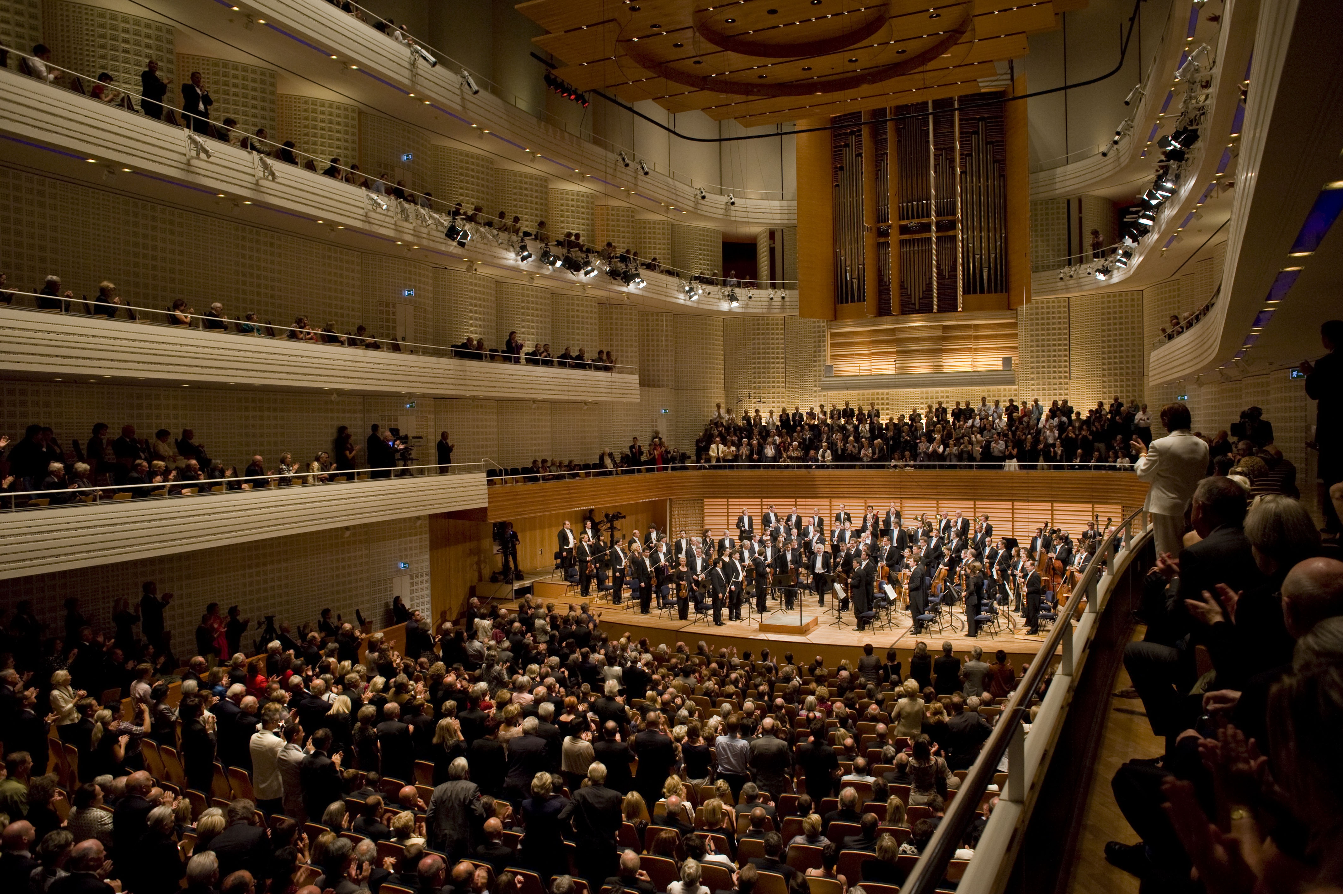
For enthusiasts of classical music Switzerland is a paradise, given the number of events of international renown. Three experts take a critical look at the privileged position of a small country when it comes to music festivals.
In addition to the regular performances of the Zurich Opera, the Orchestre de la Suisse Romande and the Zurich-based Tonhalle Orchestra, the Swiss music calendar boasts a number of high-profile summer events.
Three major fixtures are the Lucerne and Verbier Festivals and the Menuhin Festival in Gstaad, while smaller events include the Project Martha Argerich in Lugano, the Septembre Musical Montreux–Vevey and the International Music Festival Sion.
The festival in Lucerne, now held in the magnificent KKL building on the lake, was founded in 1938 and attracts music lovers from all over Europe, although perhaps fewer from Switzerland itself.
With ticket prices of up to SFr300 ($307) for a concert, it is easy for critics to decry the festivals as elitist events which benefit from sponsoring by luxury watchmaking companies and banks and target primarily an international audience.
Observers point out that putting on top class programmes costs a lot of money – of which there seems to be no shortage in Switzerland.
Fear-struck
British author and acclaimed music critic Norman Lebrecht does not mince his words when asked to comment on the Swiss classical music scene.
“Switzerland has money. That’s all it has. The festival scene is mostly stuck in a time warp, terrified to advance. Appointments are made with safety in mind. Board members represent the average age of audiences. There are some exceptions, but I find the scene as a whole depressing,” Lebrecht says.
“Lucerne has built a huge success on the prestige of Claudio Abbado and Pierre Boulez, neither of whom is young or in good health. When both faltered this summer, so did the festival. There seems to be no succession plan, no younger generation,” he says.
But it is not all is doom and gloom for Lebrecht. He has words of praise for some of the smaller and less well-known festivals which have “maintained creative values”, most notably the Project Martha Argerich in Lugano.
This event brings together musicians from all over the world summoned by the legendary Argentinian pianist. Argerich, who is 72, gives a concert at her festival and she also regularly attends the Verbier festival.
Alpine music academy
The event in Verbier is unique for “its good balance in programming concerts, recitals and chamber music” as well as for the Verbier Festival Orchestra itself, according to Luis Suñén, founder and editor of Scherzo, the leading Spanish magazine for classical music.
The ensemble offers orchestral training for musicians up to the age of 30 from Europe, Asia and the Americas. The coaching from top musicians and conductors is an invaluable asset for the Verbier Festival.
Lucerne too has included similar offers for young conductors.
For Jessica Duchen, English author and music critic of the Independent newspaper, part of the appeal of the classical music festivals in Switzerland is their venues in “some of the most beautiful settings imaginable.”
However she criticises the “prominent” presence of sponsors, and finds the programming “relatively conservative”.
But she praises the efforts by the Verbier Festival to make it possible for young artists to play with world famous musicians, even if “some performances developed this way can be better than others!”
Déjà vu
An obvious problem is the fact that the same musicians can be heard at the different festivals and that the repertoire is similar. It is not unusual for conductors and soloists to give concerts in Verbier and Gstaad before appearing at Lucerne and Montreux in the same year.
With it comes the competition among the festivals for the same sponsors and the same target audience. But, as Suñén points out, this is not specific to Switzerland and affects all music festivals across Europe.
Duchen is full of praise for the educational elements at both Verbier and Lucerne.
“This makes them more than just upmarket entertainment for the rich on holiday, and I really think that’s important, giving the events a deeper and stronger significance long term. Music ought to be for everyone, and these well-heeled festivals have a responsibility to encourage and educate young musicians and audiences too,” she says.
Fresh blood
Suñén for his part believes that a festival has an obligation to give something back to people and not only to seek a maximum payback for the investments by the commercial sponsors. “And a good sponsor knows that or should be aware of it, at least,” he adds.
He says he can’t help feeling that the most exclusive festivals take it for granted that there will always be an elderly and rich audience flocking to the events.
He wants to see more new ideas and a clearer focus on the future. Suñén says every festival and every culture policy faces two challenges: To find a place in society and winning a new audience. “It is not always easy to achieve,” he says.
Lebrecht believes the future of Switzerland’s privileged position in the music world depends to a large extent on the next appointments at the Tonhalle Orchestra, and at the Orchestre de la Suisse Romande.
“From what I’m hearing, I’m not optimistic. Both orchestras need to skip a whole generation when choosing their next leaders, both artistic and executive,” he said.
The Lucerne Festival was founded by Arturo Toscanini in 1938 and is the most prestigious classical music event in Switzerland.
Top orchestras and soloists play at KKL venue in the heart of Lucerne. Two legendary conductors dominate the festival: Italy’s Claudio Abbado and Frenchman Pierre Boulez.
The Verbier Festival in the Valais Alps is known for its music academy. In its 19-year history it has focused on its festival orchestra made up of musicians below the age of 30.
The event is also known for the chamber music performances by solo musicians of international standing.
Verbier has started broadcasting its concerts over the internet.
The Menuhin Festival in Gstaad competes with Verbier for second place in the Swiss festival calendar.
The event in the Bernese Oberland resort was founded by the famous violinist Sir Yehudi Menuhin and brings together top orchestras and soloists from Europe, Asia and America.
The Lugano-based Project Martha Argerich is one of the favourites for musicians and music lovers alike.
Argentinian pianist Argerich invites musicians of different generations to meet in the southern Swiss city.
Experts say this small festival takes unusual artistic risks. It focuses on music at the expense of marketing and the social aspects.
(Adapted from Spanish by Urs Geiser)

In compliance with the JTI standards
More: SWI swissinfo.ch certified by the Journalism Trust Initiative
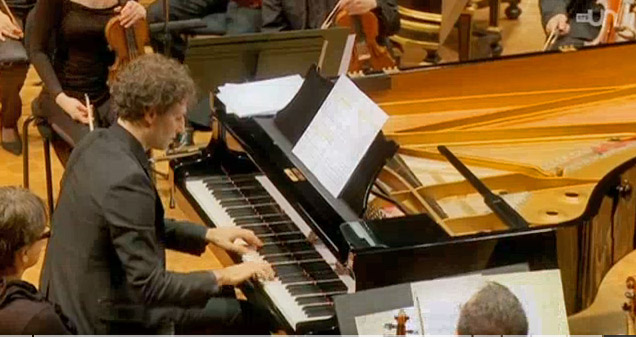
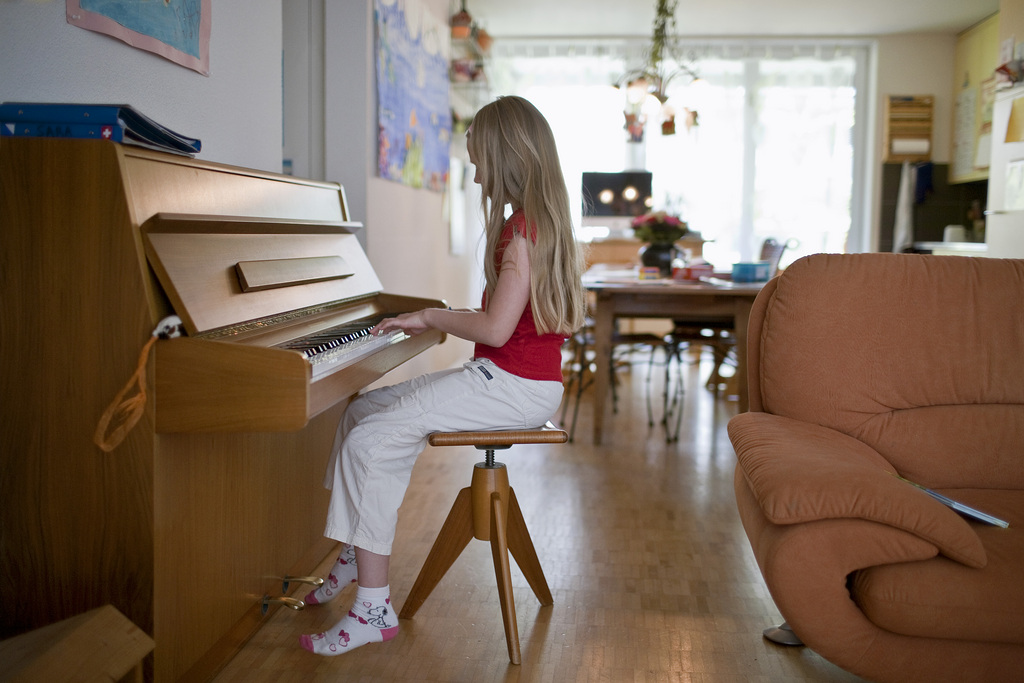
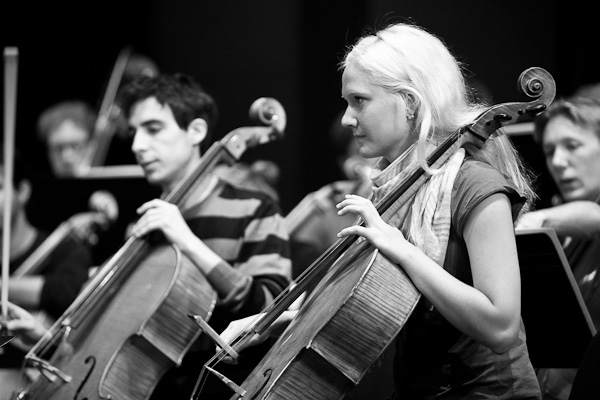
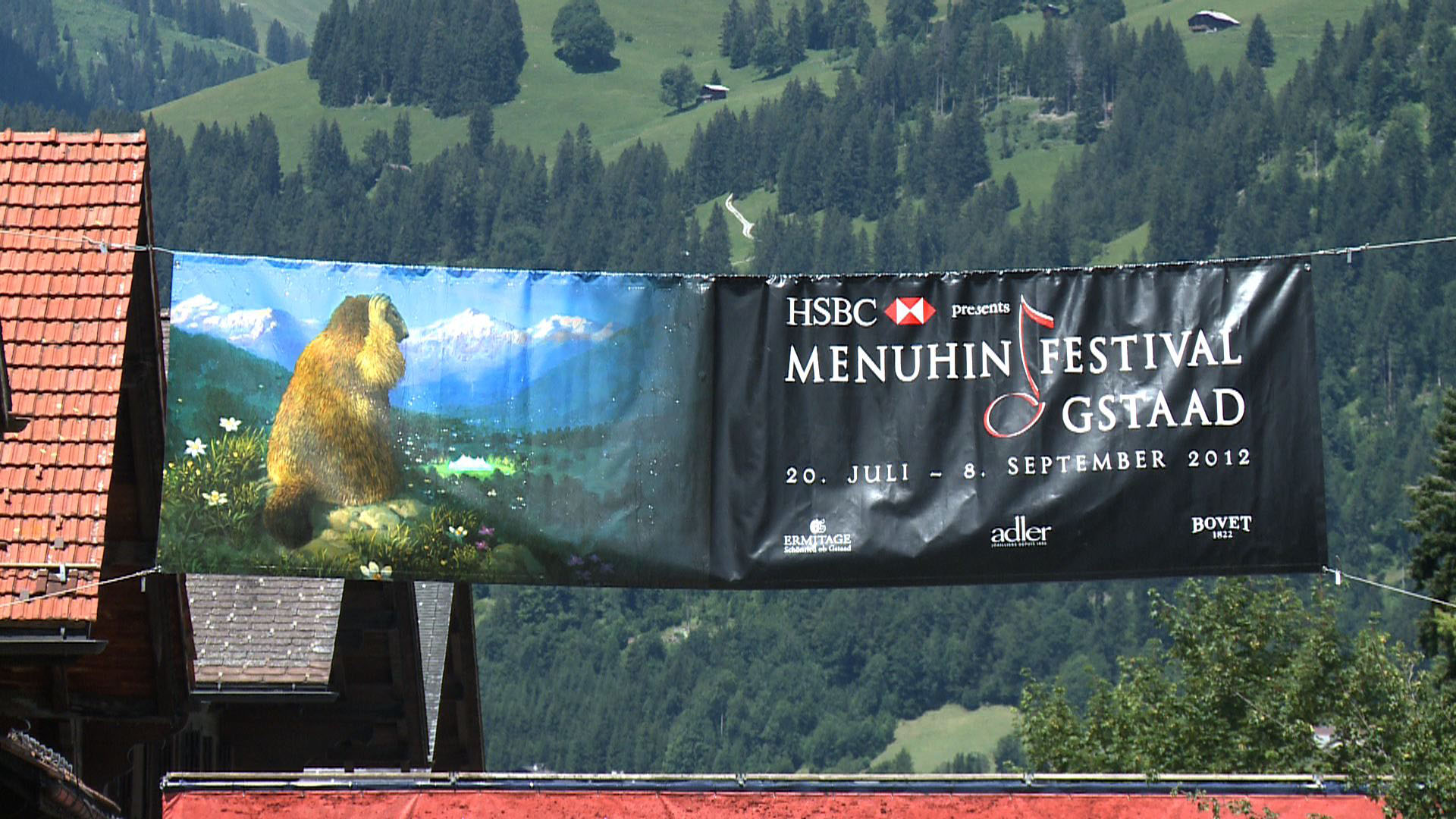
You can find an overview of ongoing debates with our journalists here. Please join us!
If you want to start a conversation about a topic raised in this article or want to report factual errors, email us at english@swissinfo.ch.